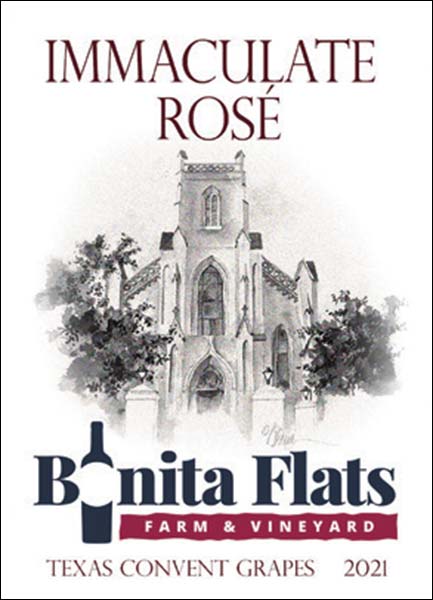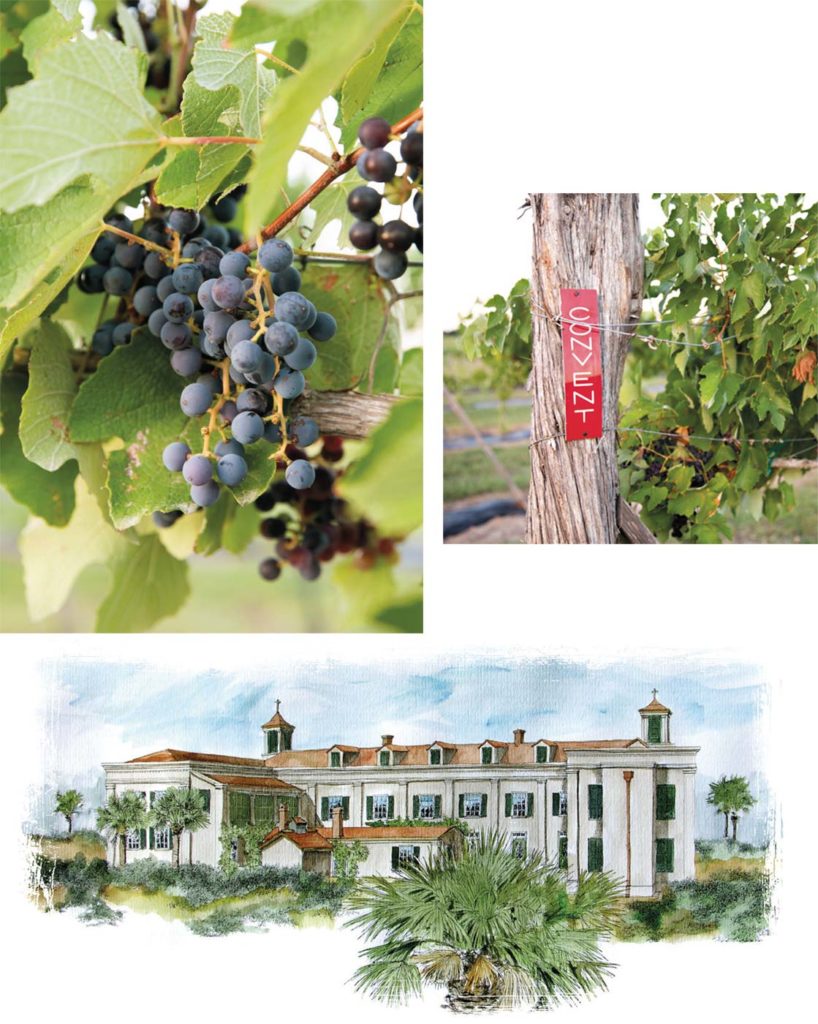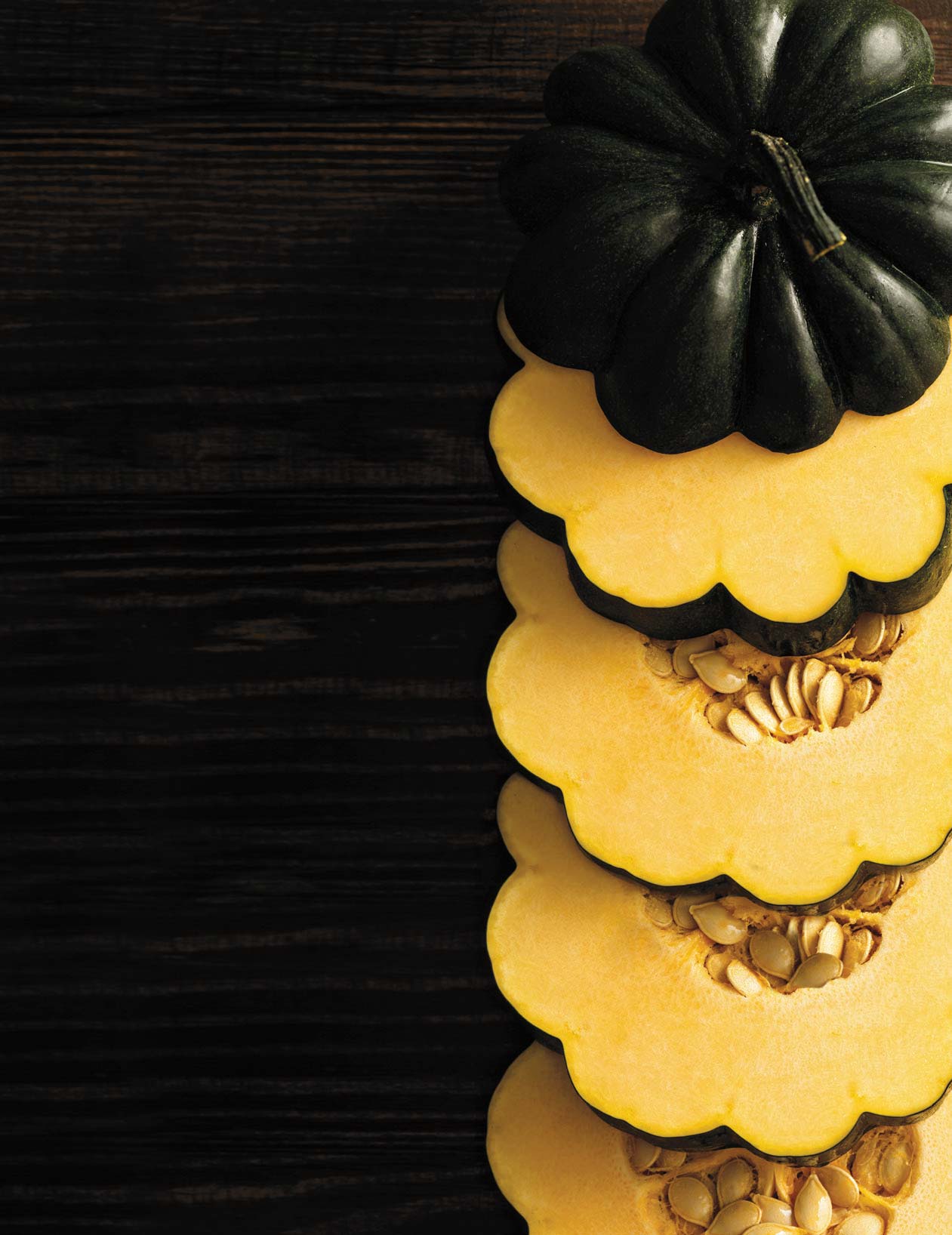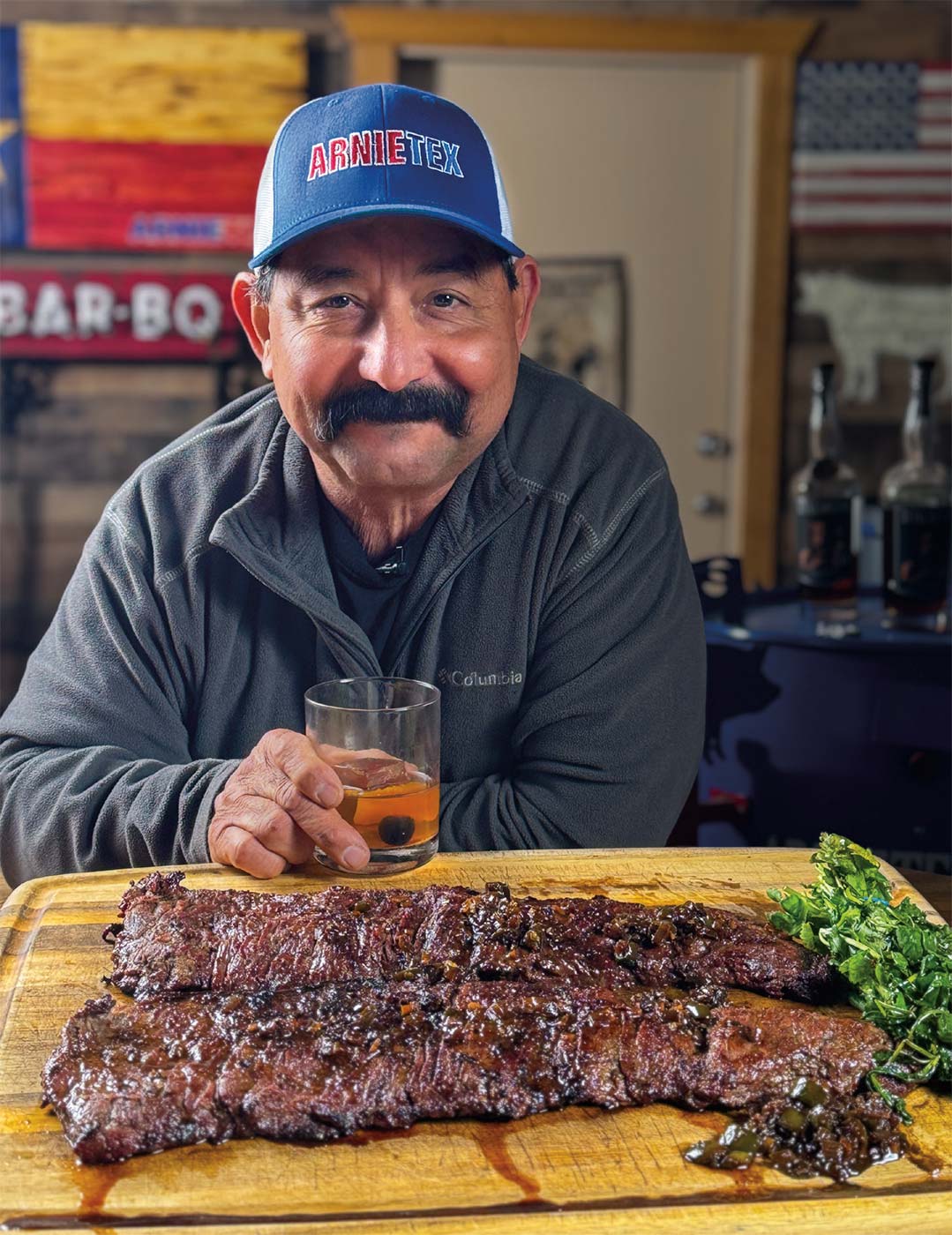
Convent Grapes Make a Comeback

Convent grapes, as locals often call them, are making a place among wine enthusiasts in the Rio Grande Valley. Originally from Lyon, France, these hardy grape vines made their way to Brownsville in 1853 by French Catholic nuns. Lyon is a short distance from the well-known and highly visited wine region, Beaujolais. The nuns arrived in South Texas to tend to the faithful and start much needed health care and educational systems which are still in place today. Aside from the impact of their great works in the community, arguably one of the nuns’ more significant contributions to the region may very well be the grapevines they brought with them 160 years ago.
One could say it’s a miracle these convent grapevines still exist since the vines almost met their demise in 1969 with the demolition of the Convent of the Incarnate Word and Blessed Sacrament. Despite numerous calls from local preservationists to spare the New Orleans French-style structure, the convent was razed. Brownsville residents salvaged abandoned bricks, doors, cupolas and beams as keepsakes from the toppled building remnants.
What miraculously survived, and you’ll thank those nuns after tasting your first sip of convent wine, were the vines in the convent’s courtyard. Call it divine intervention, but thankfully some residents had the vision to dig up the grapevines and transplant them in area gardens.
A few of the vines ended up at an all-girls Catholic school, Villa Maria, in Brownsville which was founded by Sisters of the Incarnate Word and Blessed Sacrament in 1926. Julie Schoenmakers-Trevino recalls her mother, Maria, bringing home a prayer bench and clippings of the convent grapevines that are still growing on the grounds of their family home.
“My mother and grandmother had convent grapes at their home, and they made wine from the grapes. My grandmother even taught my brother, Jim.” Jim said his grandmother, Julia, would make and sew the nuns’ habits at the convent. “That is probably where she learned to make the wine.”
Following in Julia’s footsteps, two local wineries have created new twists on the grape species by grafting the old convent grapevines and with the harvest, developing several full-bodied, rich wines ready for all to enjoy.
SOLID GROUNDING FOUND IN NEW WINE
Tucked away in a quiet neighborhood, the tree-lined streets will lead you to Rubiano Vineyard and Winery, a 30-acre farm boasting oak trees and rows of grapevines. Grapevines even flank the winery entrance all the way to the expansive red, metal barn tasting room.
Ricardo Rubiano first heard of the convent grapes in 1995 from Morris Clint, a local botanist and horticulturist. He told Rubiano about a nursery that had amassed a collection of the convent grapevines but was shutting its doors and was interested in selling.
“I went over there and bought the whole lot, over 100 potted vines for under a dollar each,” said Rubiano. “I was fascinated, and I wanted to learn all I could about the history of these convent grapes.”
Rubiano’s quest led him to learn about Pierce’s disease that wiped out the vines in years past and find a rootstock that would thrive in the South Texas heat and soil.
“I wanted to find the root of the problem, and it was precisely the vine’s roots where I found my answer. I learned about a vine that survived when others didn’t, and the convent grape vines were among this mix of survivors.”
Rubiano’s Sendero Escondido Rosé Gold is made from convent grapes. He currently has four barrels or 200 gallons of wine made with convent grapes ready to sell and enjoy.
“I went over there and bought the whole lot, over 100 potted vines for under a dollar each. I was fascinated, and I wanted to learn all I could about the history of these convent grapes.”

PRAISING THE CONVENT GRAPES
The moment you approach Bonita Flats Farm and Vineyard, you will be captivated by the rows of grapes growing on the vines. The recently poured concrete slab provides a glimpse of what will become the winery’s tasting room. Bonita Flats is an all hands on deck operation. Not only will you get to meet owners Melissa and Art Delgado, but also the couple will likely be the ones serving you and sharing stories of the wines they have produced.
While here, you will want to ask for Immaculate Rosé. This is Bonita Flats’ rosé wine made from convent grapes.
“It is sweet and it’s more of an after dinner wine, and our customers love it,” said Melissa. “Our Immaculate Rosé is an homage to the history of these convent grapes.”
Thirteen years ago, the Delgados were first introduced to the convent grapes at a grape festival at Rio Farms in Monte Alto, where their convent grapes are now planted and harvested.
“I was blown away. I didn’t know anything about the convent grapes,” said Art. “The whole story is really intriguing to me.”
The Delgados also did extensive research about the soil and growing conditions in the area and turned to the experts to guide them in the process of making wine.
“It is special to us that these are over 160 years old and they have been thriving in the valley this whole time. To our knowledge, no one has ever made convent wine to sell. We are pretty excited.”
Immaculate Rosé is available for purchase at Bonita Flats along with the other varieties of wines that the Delgados have created.
WINE IS MEANT FOR EVERYONE
For Rubiano and the Delgados, growing grapes in the Valley is not just about making wine. It’s about unearthing and shedding light on the story of the convent grapes. These grapes have gained acclaim for their durability and survival, and now they are being harvested here in the Valley. What’s essential is that convent grapes are survivors, and their root structure has withstood the test of time.
WINE AND MARIACHIS! POR QUÉ NO! WHY NOT?
With the growth of wineries in deep South Texas, the wine tasting experience is now available to many people who may or may not be familiar with wine. And it’s no longer just about wine; it’s about the experience one has with it, even while visiting a local winery. Who says you need to pair a certain wine with a certain food? Why not savor a glass of wine with savory chicharrones? Next time you utter, “Arriba,” “Abajo,” “Al centro,” “Pa’dentro” we hope you’re holding a glass of wine, better yet, a glass of convent wine. Enjoy that glass and give thanks to those nuns who carefully transplanted those blessed vines many years ago.
- Visit Bonita Flats at bonita-flats.com and Rubiano Vineyard & Winery at rubianovineyard.com.



